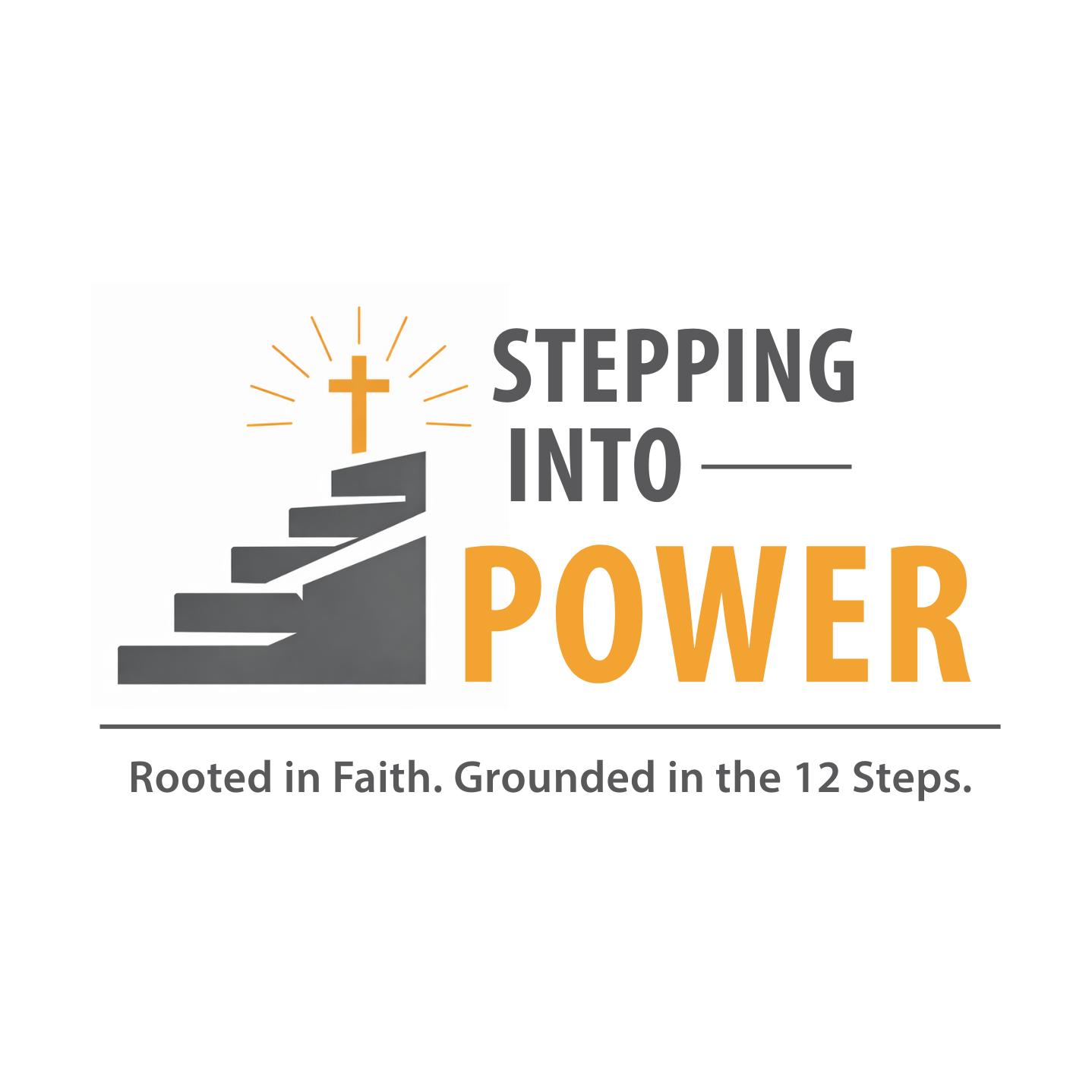STAY CONNECTED
Never miss a new post! Receive our latest blogs, recovery insights, and updates from The Dunamis Initiative right in your inbox.
The Bible is filled with stories of trauma and hardship becoming the foundation for new strength and power. Yet in today’s culture, these stories are often dismissed as ancient myths. In reality, God still uses weakness to develop new strength—and building personal strength in recovery is one of the clearest ways we see Post-Traumatic Growth at work.
Building Personal Strength After Trauma
We all carry an idea of how much we can handle, but when trauma strikes—especially when it comes without warning—it can shake our entire identity. After the initial shock, there is often a long season of realignment. Some people conclude they are less resilient than they thought, while others discover a new grit they never imagined. It’s as if a giant within has been awakened, and life is never the same.
Sometimes strength begins with something simple: admitting we need help. Too often we’re told to “suck it up” and pretend we can handle everything alone. But asking for help doesn’t make us weak—it directs our strength toward healing and growth.
Developing Emotional Strength in Recovery
True strength isn’t about ignoring hard feelings; it’s about facing them with honesty and curiosity. Building personal strength in recovery means learning to reframe emotions rather than bury them.
- Anxiety can be noticed and redirected into curiosity about possible outcomes.
- Anger can be explored as a signal of feeling threatened or doubting self-worth.
This process is called emotional intelligence—the ability to understand our feelings and respond in healthier ways.
Choosing a New Narrative
PTSD often traps people in negative self-talk, drawing them into a spiral of darkness. But Post-Traumatic Growth in recovery invites us to choose a different story.
Instead of letting pessimism rule, we can declare:
“I am a child of God, fully made in His image and lacking nothing I need.”
That shift in perspective moves us from despair toward joy. Sometimes we need to see this modeled in a recovery support group. Other times, a certified Christian counselor can help us reframe our pain through a biblical worldview. Both are valuable tools in building strength after trauma.
Strength Without Comparison
One final truth about strength: it’s personal. We lose joy when we constantly compare ourselves to others. The reality is, we can never fully know the struggles or insecurities someone else is hiding. Instead, we can rest in this promise: God will never place us in a situation without also equipping us to handle it.
Our Father is great, and His divine DNA is alive in us. Let Him be the source of your strength.
More on Post-Traumatic Growth
This post is part of our series on Post-Traumatic Growth in recovery. Explore the other domains of PTG and how they can transform your journey:
- New Possibilities → How recovery can open doors you never imagined.
- Relating to Others → Finding your tribe and building authentic community.
- Personal Strength → Discovering courage and resilience after trauma. (You are here)
- Spiritual Change → Growing closer to God through surrender and faith.
Additional Resources
Want to explore more about Post-Traumatic Growth and resilience? These resources provide helpful insights:
- Posttraumatic Growth and Recovery from Addiction (Haroosh & Freedman, 2017) – Study showing how PTG contributes to addiction recovery.
- A Mixed Methods Study of Posttraumatic Growth in Addiction Recovery (Runyan et al., 2024) – Research exploring how social support and personal strength predict fewer relapses and more growth.
- Measuring the Positive Legacy of Trauma (Tedeschi & Calhoun, 1996) – Foundational research introducing the PTG Inventory and its five domains.
STEPPING INTO POWER SERIES
A Christ-centered walk through the 12 Steps—explored one step at a time.
The 12 Steps aren’t about shame. They’re about freedom.
Stepping Into Power is a faith-based 12-step recovery series that explores one step each month through short videos, guided reflection, and resources rooted in recovery wisdom and spiritual truth.
Available Video Content:
Series Intro: Faith-Based Recovery Through the 12 Steps
Step 1: Surrender

